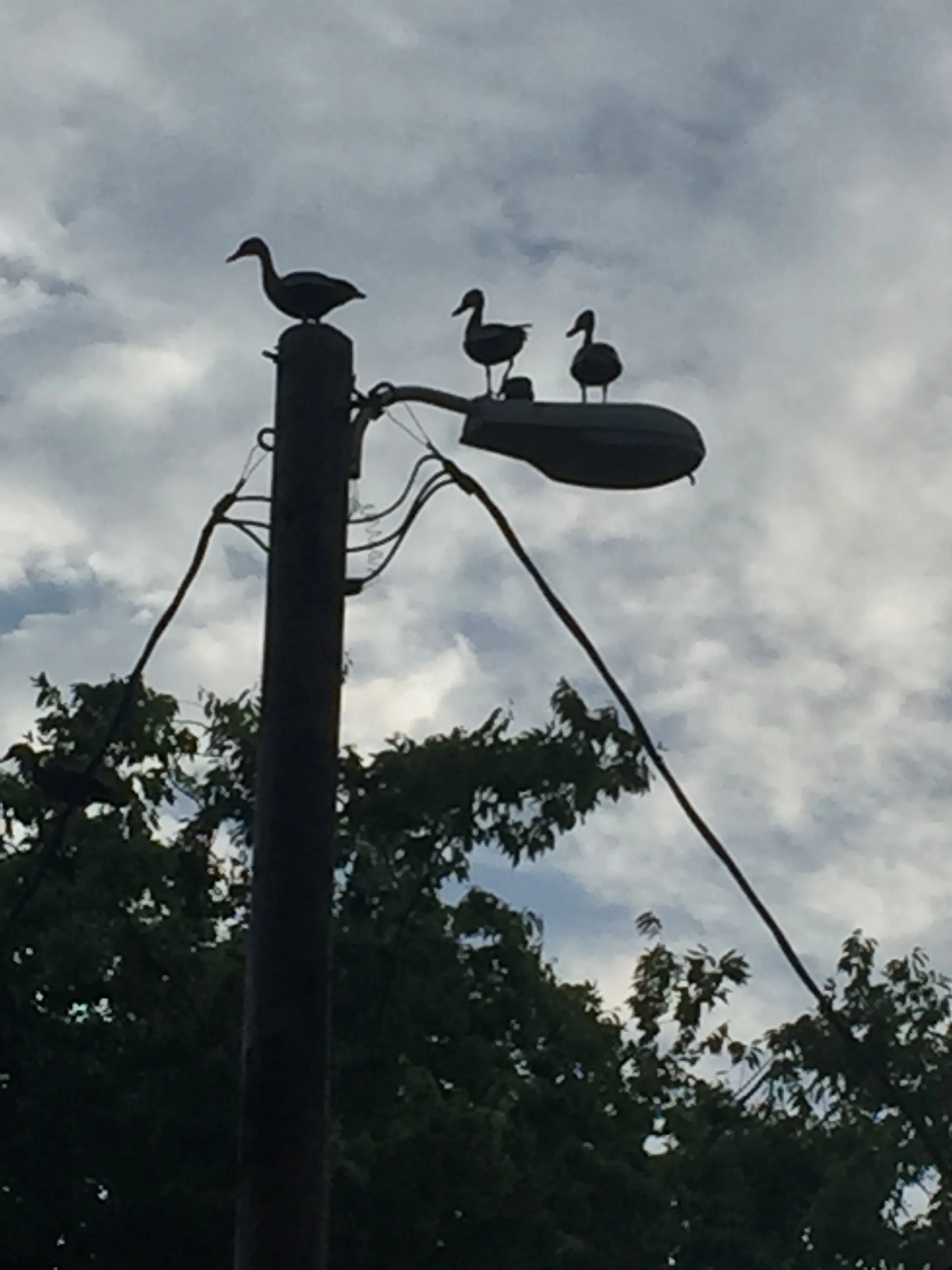"We Are Part of Nature" (Cardinal Donald Wuerl)
Originally posted as "Caring for God's Gift of Creation" on Seek First The Kingdom, a blog by Cardinal Donald Wuerl (sixth archbishop of Washington state).
##
Any of us who have read a newspaper over the last decade know scientists, environmentalists, and politicians have been concerned about the world’s ecological balance. Environmental concerns are both local and world-wide, including the health of our rivers and streams and the impact of climate change. What many people do not know is that along with scientists and environmentalists, popes have been concerned about these issues as well.
The great interest in Pope Francis’ encyclical, Laudato Si’, seems to touch two cords in people. At a time in the year when our gardens are in full bloom and evening breezes are warm but not hot, we appreciate that the title, Laudato Si’, which comes from the Canticle of the Sun by his namesake, Saint Francis, is itself a prayer of thanksgiving to God who created the beauty we enjoy.
Touching on the themes of human ecology, care for creation, climate change, the throwaway culture and the call to build a culture of solidarity, our Holy Father voices a concern that we are losing the attitude of wonder, contemplation and listening to creation. The encyclical thus provides us the opportunity to examine our lifestyle to see what we can do to live in right relationship with God and with the world around us, including our neighbors and the natural environment.
In Chapter One, Pope Francis makes some critical observations about the state of the environment, observing that “we need only take a frank look at the facts to see that our common home is falling into serious disrepair” (Laudato Si’, 61). This is the context in which we are called to promote the Gospel of Creation that calls for humanity to respect and care for all of God’s creatures, which our Holy Father discusses in Chapters Two and Three.
“Everything is connected,” the Pope repeatedly emphasizes. “Concern for the environment thus needs to be joined to a sincere love for our fellow human beings and an unwavering commitment to resolving the problems of society” (Laudato Si’, 91). Resolving those problems lies not in technology or in consumer goods, he says, but in change in thinking and acting. “There can be no renewal of our relationship with nature without a renewal of humanity itself,” he explains (Laudato Si’, 118).
Key to our Holy Father’s message is the concept of “integral ecology” discussed in Chapter Four: “Nature cannot be regarded as something separate from ourselves or as a mere setting in which we live. We are part of nature, included in it and thus in constant interaction with it” (Laudato Si’, 139).
In working to solve environmental problems and maintain a healthy ecosystem, there is something that each of us can do at every level. In Chapter Five, Pope Francis offers a number of proposals, from the international to the national and local to the personal.
Rather than feeling overwhelmed by the enormity of some of our biggest ecological challenges, Pope Francis tells us that we can take some small steps that will help our children and grandchildren enjoy clean air and water. Lifting up for us the example of Saint Therese of Lisieux, the Pope says “An integral ecology is also made up of simple daily gestures which break with the logic of violence, exploitation and selfishness” (Laudato Si’, 230). In small ways, we can leave the world a better place than we found it. Our Holy Father is asking that we orient our hearts to others, and renew our commitment to the practice of solidarity and interdependence.
One expression of a change of heart is to think prayerfully about how much we may participate in uncontrolled consumerism and how we might waste the resources God has entrusted to us. Pope Francis urges us to turn away from the “throwaway culture,” in which not only are the various goods of the earth used and thrown away, but people too are exploited and discarded. For example, he explains that “whenever food is thrown out it is as if were stolen from the table of the poor” (Laudato Si’, 50).
A change of heart is reflected in resolving to live more simply, in a way that first draws us closer to God and live in greater harmony with the natural world, as urged by Pope Francis in Chapter Six.
In seeking to apply the lessons of this teaching to our own lives, it is Christ himself who is our teacher. Christ taught us that we should not selfishly seek earthly treasures, but as children of the one Father. When we share property generously, show special solicitude for the poor and afflicted, and seek to structure our human life in harmony with God’s gift and design of creation, we see then kingdom of God beginning to appear in our midst.
###








